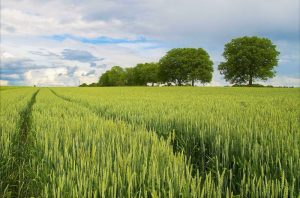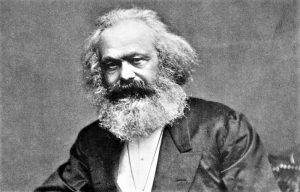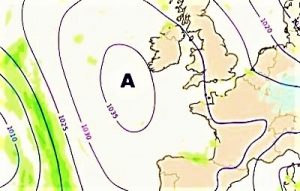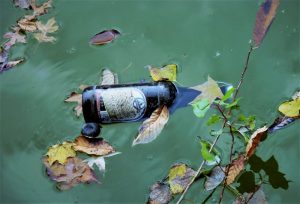Physiocracy
Physiocracy or physiocratism was an 18th century school of economic thought founded by François Quesnay, Anne Robert Jacques Turgot and Pierre Samuel du Pont de Nemours in France. This type of thought was responsible for affirming that there was a natural law that could ensure the proper functioning of the economic system without the need of state intervention. This doctrine is summarized in the expression laissez faire.
What is physiocracy?
It is a school of economic thought of the eighteenth century that affirmed that there was a natural law that ensured the proper functioning of the economic system without having to obtain any help from the State and those who considered that the nature laws should always be in harmony with human laws.
The origin of the term physiocracy comes from the Greek and means “government of nature“, when the physiocrats considered that human laws should be in harmony with natural laws, they considered that all the wealth that existed in the world came from the land and that, of all the commercial branches, agriculture was the one that produced the most profits. Physiocracy is opposed to mercantilism and for them, this policy types, which requires state intervention, produces a decrease in economic activity and prosperity of a country. The main objective of physiocracy was the State enrichment, first of all, power strengthening, and the possibility to carry out a frontal attack against mercantilism. It supported the interests of the landowners and had abundant capital.
History of physiocracy
Physiocracy began in the mid-18th century in France, was formed during the period known as the Enlightenment and proposed the revaluation of agriculture as a primary source to create much wealth. There were many thoughts about natural laws and how they could be fixed to different areas, from natural sciences to constitutional theories. Physiocrats had a mentor known as Quesnay, a group of disciples such as La Riviere, Le Trosne, Dupont de Nemours, Baudeau, among others, who managed to take their ideas to many countries by propagating their new ideas. The idea of lowering prices during times of scarcity helped discourage production. Quesnay also suggested a system called real tithing, in which it was proposed that the French tax code be simplified based on unique tax changes in marketing. This movement grew considerably during the Seven Years’ War. Agronomy and agriculture were promoted, and trade unions’ exclusivity was condemned.
Physiocracy characteristics
Some of the main features are the following:
- Industry does not form values, only transforms them, so there is no regulation for this transformation process in order to add wealth to a community.
- The only important branch to which contributions had to be made was agriculture. The greatest financial of physiocracy were land taxes.
- Human society was governed only by natural laws and these could never be modified by State laws.
- Its main aspects were to enjoy the natural order of things, the benefits of property, the right to be able to work and the right to freedom to pursue personal interests.
- Wealth always responded to natural order of things and this should never be subject to state control.
- They considered merchants and artisans to be unproductive, because for them, wealth came only from farmers.
- Physiocrats were always considered the fathers of social sciences and were the first to use the scientific method to achieve research on phenomena affecting society.
Physiocracy principles
Among their main principles we can mention that the natural order was the most important for them, human activity should always be in harmony with nature. They were based on the principle known as laissez passer which means to let pass. Its primary emphasis was agriculture so one of its principles was to establish large taxes to landowners and landowners and there was an interrelation with the economy.
Farmers who were capitalists became key to proper development of the French economy. Industries and workers grew economically while people engaged in agriculture collapsed considerably.
Physiocracy representatives
The main physiocracy exponents were François Quesnay, Anne Robert Jacques Turgot, Pierre Samuel du Pont de Nemours, Richard Chatillon, Pierre de Boisguilbert and John Law.
How to cite this article?
Briceño V., Gabriela. (2019). Physiocracy. Recovered on 24 February, 2024, de Euston96: https://www.euston96.com/en/physiocracy/










